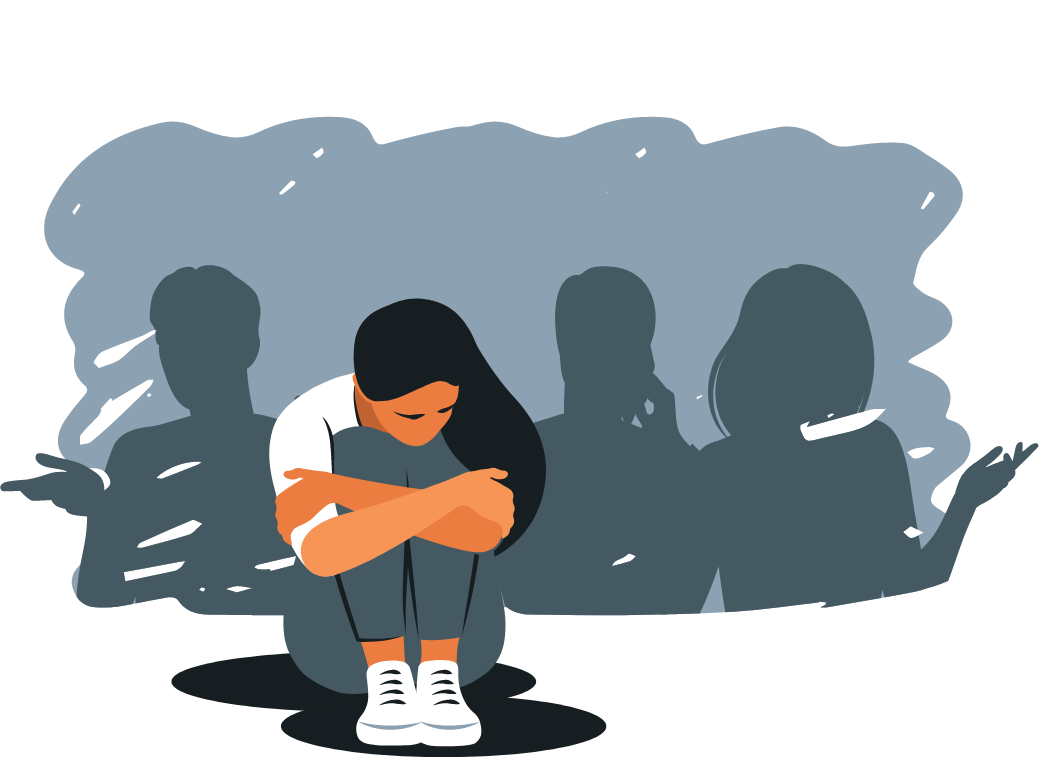Social-emotional well-being is a crucial aspect of a student's overall development, and it has a significant impact on their academic success, mental health, and future life outcomes. To gain more insight into this topic, we interviewed Cassandra Roy, social worker at Hiawatha College Prep-Northrop(5-8), who primarily works with our middle school students.

Cassandra has extensive experience working with students of all ages, starting her career with Hiawatha College Prep-Kingfield as an intern in the fall of 2018. She then moved over to Hiawatha Leadership Academy-Northrop, where she continued her social work practice starting with Kindergarteners. This year, she works with mostly 5th and 6th-grade students in special education and mental health services at HCP-Northrop.
Cassandra takes a comprehensive approach to mental health support, utilizing best practices and digging deeper to help meet her students' social and emotional needs. Through session-based work, Cassandra helps facilitate students' education and skills training in the classroom, which not only helps them perform better academically but also helps them feel better about themselves socially.
To address the high volume of students in need of emotional and mental support, she conducts flex groups - a classroom model that provides opportunities for students to be part of many different groups based on their readiness, interest, or learning style. These flex groups focus on behavior understanding, self-awareness, and self-management. Cassandra also runs a girl group that focuses on women supporting women and a mixed group that teaches students about building alliances for interpersonal effectiveness and understanding the power and privilege they hold in certain situations.
When discussing the missing components in this field and her future goals, Cassandra expresses her wish to engage parents and staff more on the importance of emotional development. She believes that today’s cultural context places a lot of importance on work ethic, compliance, and following orders, which can lead to shame and stigma when a student struggles with these expectations. Often, these struggles go unnoticed.

Cassandra's insights highlight the critical role social workers and other professionals play in promoting social-emotional well-being for students. The skills and knowledge gained from social-emotional learning can help students navigate challenges in their lives, build positive relationships, and achieve academic and personal success.
According to Cassandra's observations, middle school-aged children care a lot about making their families proud. They are still at an age where everything their family members say about them really strikes them deep down inside, including the pressure to continue doing well. As growing minds soak up information around them, children are also highly aware of their surroundings. They observe the world and reality they live in, often seeing how hard their parents work and how much it means to have access to education and do their best to impress and do what’s best for their family. She urges families to try connecting with their children even when situations aren’t ideal, as finding time to connect with your child helps progress their social-emotional development and, in turn, academic pursuits as well. When children feel valued, they feel happy and confident in themselves to learn and grow.
As the world changes around us, so does the need for our approach to a new generation growing in a new environment. Prioritizing the emotional development of children in and out of school has become as important as focusing on their academic development. They go hand in hand. And educating parents and staff about the importance of social-emotional development in students and themselves is a crucial first step in promoting holistic well-being for students.


